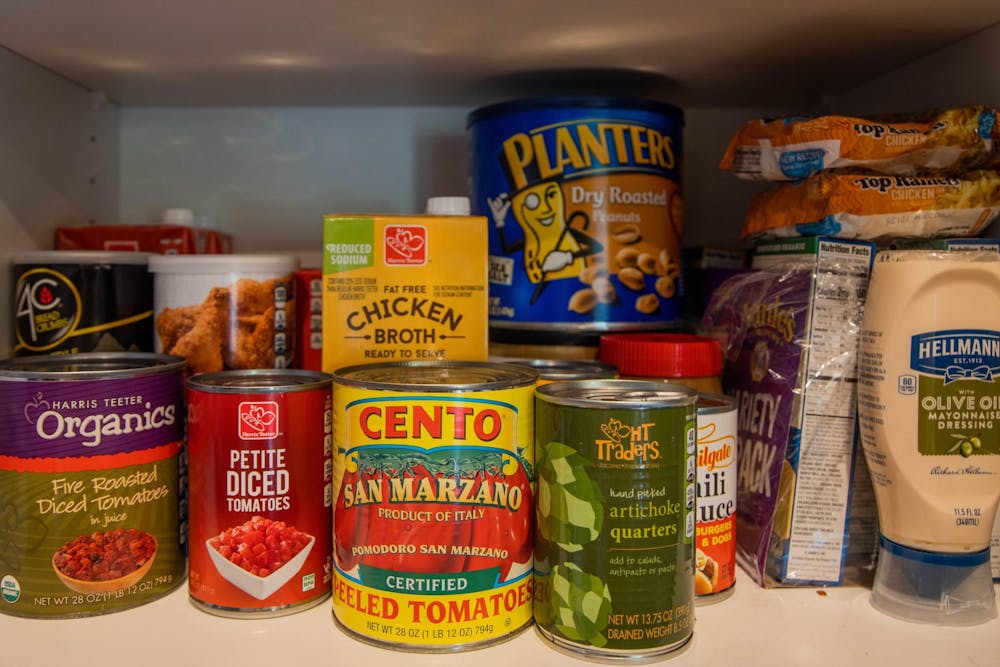Food insecurity affects nearly 20,000 residents of Orange County — and with the COVID-19 pandemic, it's become even more difficult for senior residents to access the resources they need.
Rachel Bearman, executive director of Chapel Hill-Carrboro Meals on Wheels, said the pandemic has complicated food distribution, especially for high-risk senior residents.
“Through our volunteer phone calls we were doing, we realized that a lot of our recipients who used to have other options for getting other food to their home — since we were only delivering one hot meal a day on the weekdays — no longer had the same access to those other resources,” Bearman said.
Organizations such as Meals on Wheels Orange County, N.C. and the Orange County Department on Aging have been providing meals to senior citizens throughout the pandemic while adapting their protocols for maximum safety.
The Orange County Department on Aging, which runs the Seymour Center in Chapel Hill and the Passmore Center in Hillsborough, runs a lunch program for older adults.
Isabel Jackson, food services coordinator for Orange County senior centers, said that the program has continued through the pandemic, with a few adjustments to ensure safety of recipients.
The program has switched from providing one hot meal every day from Monday through Friday to providing one hot meal and one boxed meal that are available for curbside pickup on Monday, Wednesday and Friday.
“We are continuing to supply the food, but in a different way, because in the beginning of the pandemic we didn’t know how much exposure with the seniors would be OK,” Jackson said.
The Orange County Department on Aging is also supplementing its lunch program by providing pre-packaged boxes of food through its commodity supplemental food box program.



